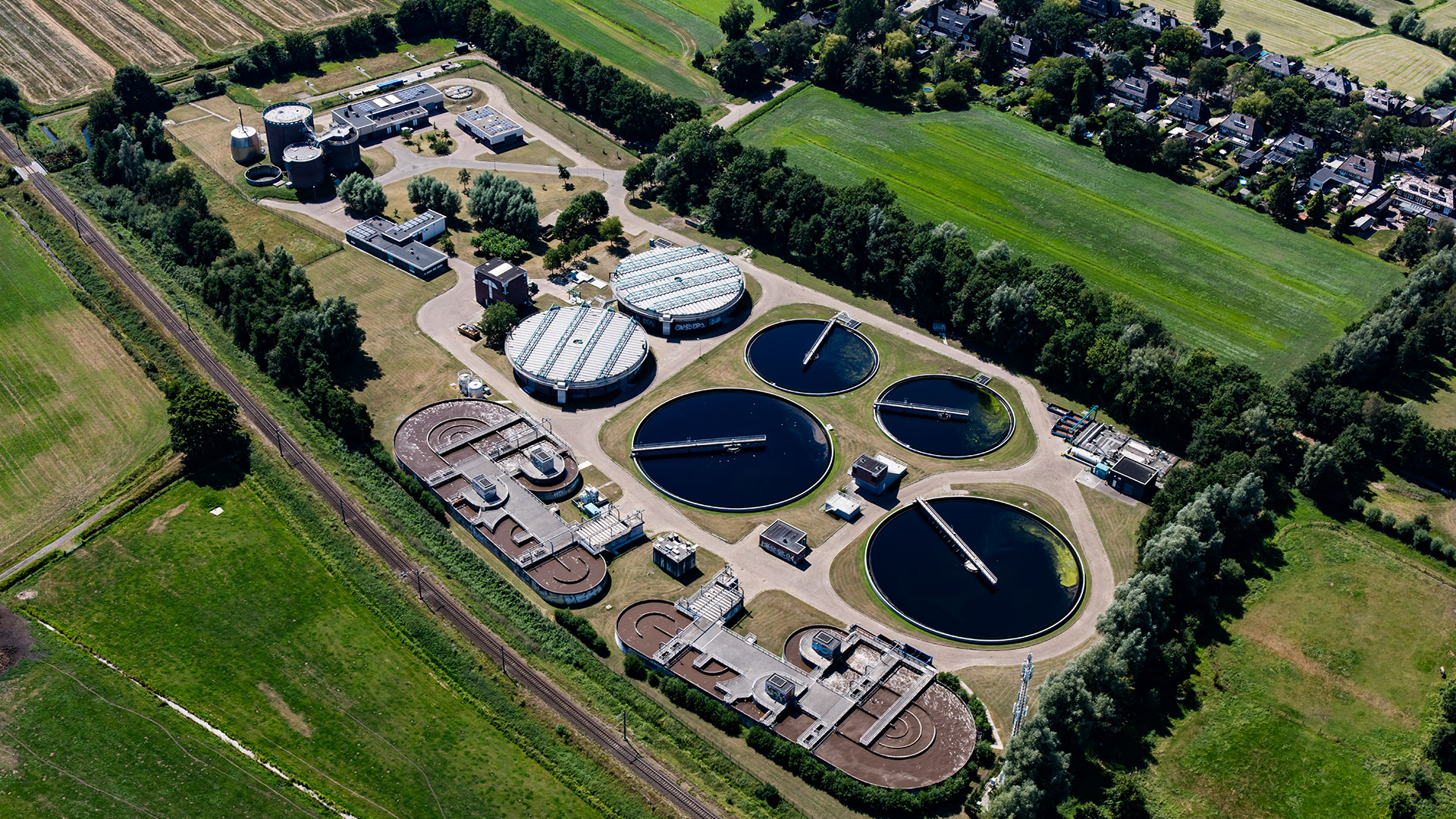Artificial Intelligence (AI) could not have come at a better time for the water industry. But with multiple existential challenges, is the industry equipped to fully embrace this step?
Increasing complexity is one of the largest challenges facing the water industry. Climate change brings unpredictability, with prolonged droughts, severe rains, and flooding putting wastewater treatment plants under severe stress. Adding to the complexity, new legislation such as the removal of pharmaceutical residues, plastics, and nanoparticles requires investment in new technologies. When you also factor in ambitious sustainability targets, it is easy to see how operators will find it challenging to maintain optimal performance.
Another obstacle comes with the loss of in-house operational knowledge due to highly experienced operations personnel retiring. In fact, it’s estimated that up to 30% of the most experienced staff within the Netherlands water utilities will retire by 2030. These people have significant knowledge of the industry, and vital experience in delivering AAA service levels without recourse to advanced systems.
Bridging the knowledge gap with the use of AI
This knowledge gap can be minimised by investment in digital technologies which use machine learning algorithms and AI, but doing so requires serious capital investment, as well as substantial organisational changes.
AI is particularly strong at analysing a vast amount of streaming data in real-time. It can spot abnormal behaviour of equipment, such as pumps, and deterioration in the performance of water treatment at a very early stage, acting as a highly effective early warning and alarm system. It can generate hard-to-measure performance indicators, provide insights, and generate advice for operators to make timely interventions to secure optimal plant performance.
AI can be applied to continuously process the bulk of measurement data into actionable insights, thereby making the complexity of wastewater treatment plants manageable for the operator. This will also help less experienced operators to make the best decision at any given time..
“Great,” I hear you say, “those experienced operations staff can retire in peace!”
The problem is that implementing AI in plants has not been plain sailing. So far, it’s been patchy, with most projects being confined to proof of concepts (PoCs).
Holding back the industry is not the fear of machines running amok, but more the cost and complexity considerations. A PoC can be undertaken by a whizz kid armed with a laptop, data dump, and an array of Python libraries. However, a full-scale implementation requires a more capable (and often cloud-based) IT infrastructure, as well as the widespread deployment of sensors and systems capable of streaming data in real-time. All of this comes with IT complexity to manage, along with a hefty price tag to match.
There are also management concerns in trusting a ‘black box’ type AI solution generating hard-to-fathom results. The biggest obstacle of all to overcome is managerial, rather than technological or financial.
Our industry can be conservative by nature. If an operator does not want to use an AI system, they can find an excuse not to. It’s crucial to address this human and cultural aspect. If AI is to succeed, it will need the human touch as well as proper change management. A machine-learning black box tool, for all its great power, is only able to address data and make sense of it. The experience of the operator, the physics of the plant and the environment are of equal importance, if not more.
Implementing a full-scale AI wastewater plant solution
Taking an AI PoC project to a full-scale implementation requires a complete reappraisal of the business case. This is best achieved using a tried and tested Business Transformation Framework (BTF). The retail banking industry is emblematic of a host of industries that used such frameworks when it rapidly transitioned from cheques to online transfers.
It’s not rocket science, but it does require one to follow a step-by-step methodology. Firstly, it’s vital to define the medium to long-term business strategy of the utility and its business challenges. This ‘north star’ enables the creation of guiding principles which then inform the architecture and design. Only then can you decide on the changes needed to achieve the design and business outcomes. Finally comes the change portfolio itself, which addresses how an organisation will make the changes. This includes what processes and changes to the organisation will be made, and how and what technology and smart infrastructure will be implemented and when.
There’s a huge gulf between a PoC and a full-scale plant-wide implementation. However, it’s one that our industry must swiftly overcome. The increasing complexity of operations, ceaseless drive for efficiencies, and the loss of experienced staff will force us down the AI road whether we like it or not. It’s therefore crucial that we get it right.
This article was originally published in SWAN on 17 June 2024.
Aris Witteborg is a leading expert in Digital Smart Water, with over 30 years of experience in water technology. He’s a member of the digital twin working group for SWAN – the Smart Water Networks Forum which acts as a global hub for the smart water sector. Aris’ role places him firmly at the intersection of information management and business processes.

![[object Object] [object Object]](https://www.royalhaskoningdhv.com/-/media/images/employees-profile-pics/w/witteborg-aris.png?h=470&iar=0&w=469&hash=98062D9BF3F86CE3113D07EDD5A98962)



